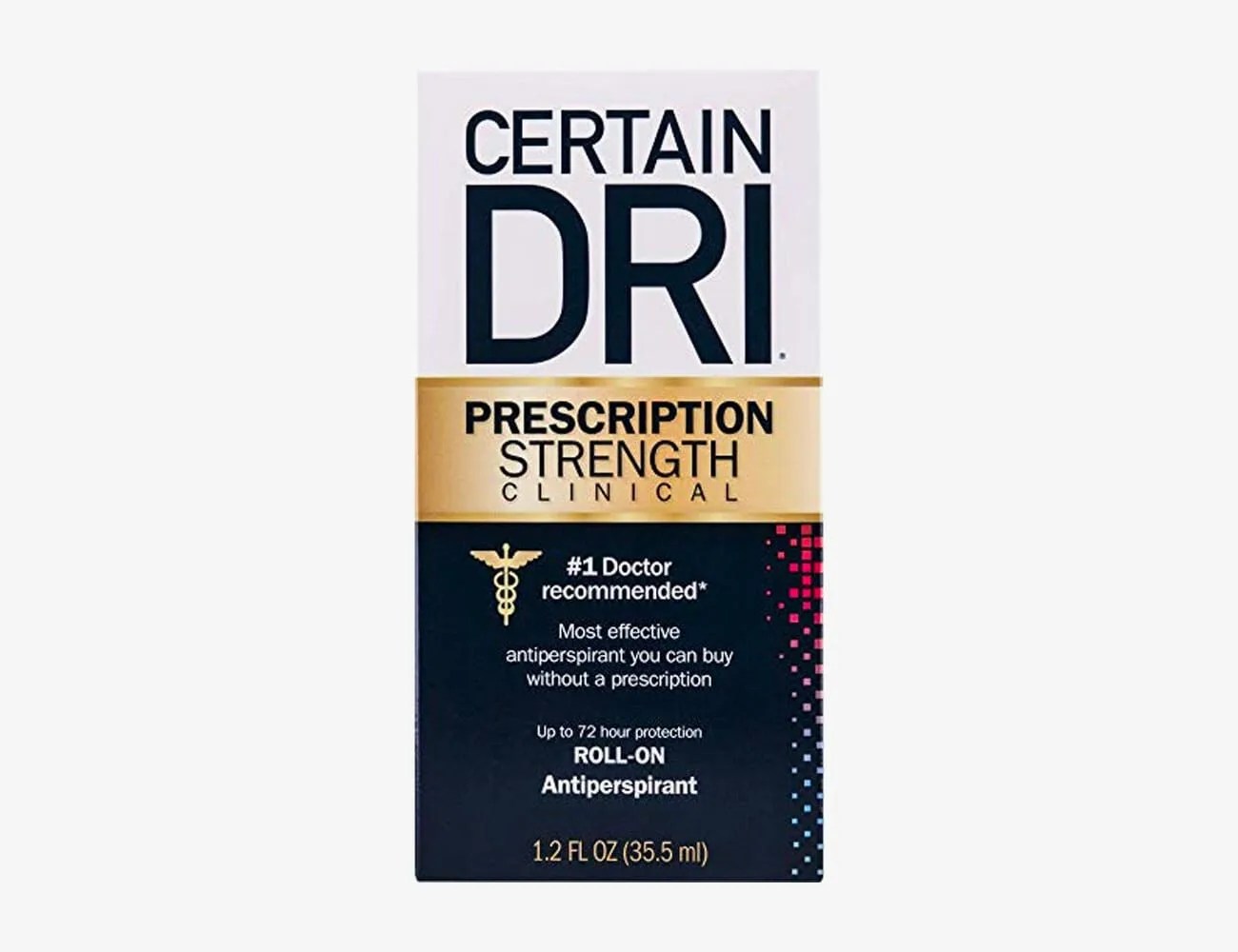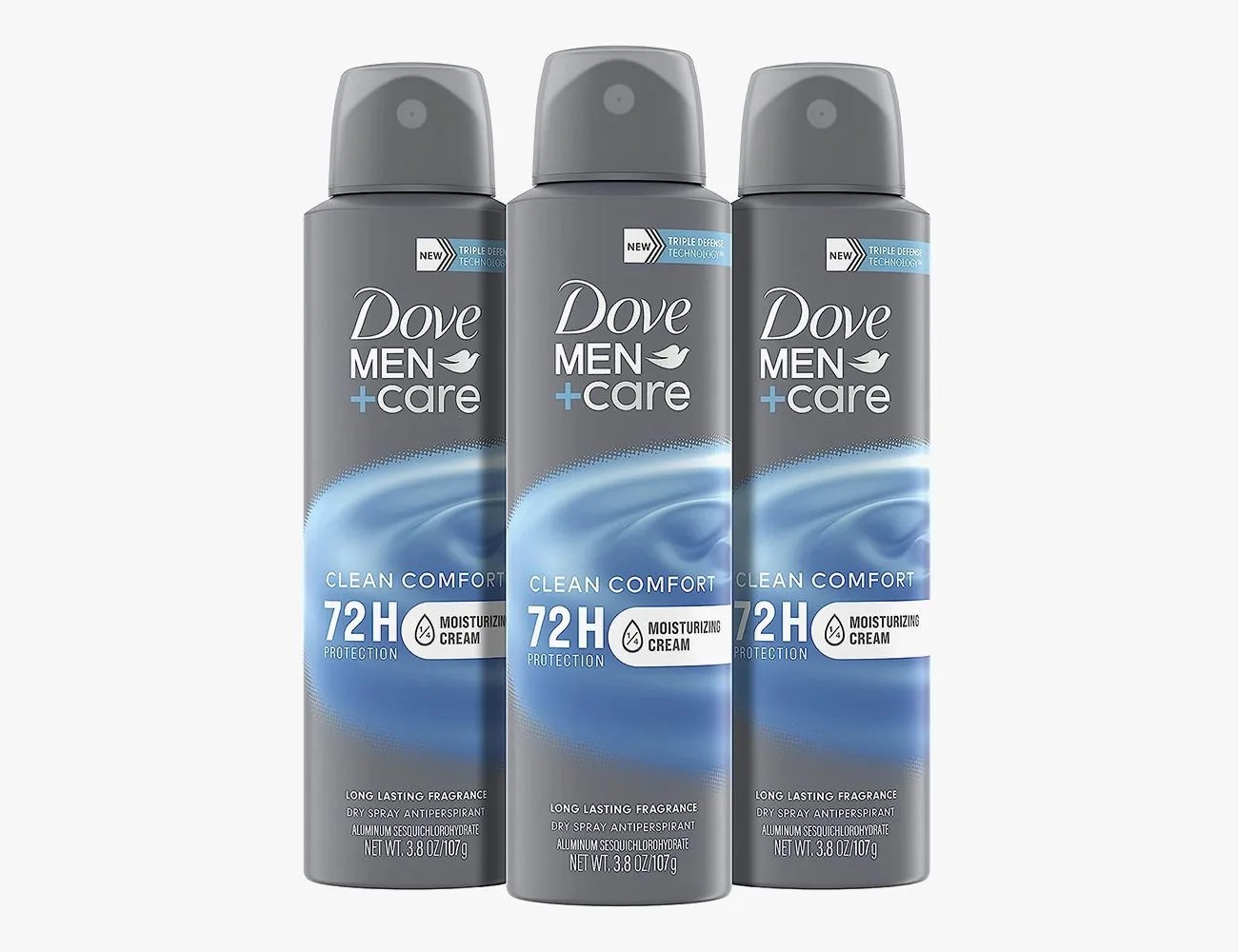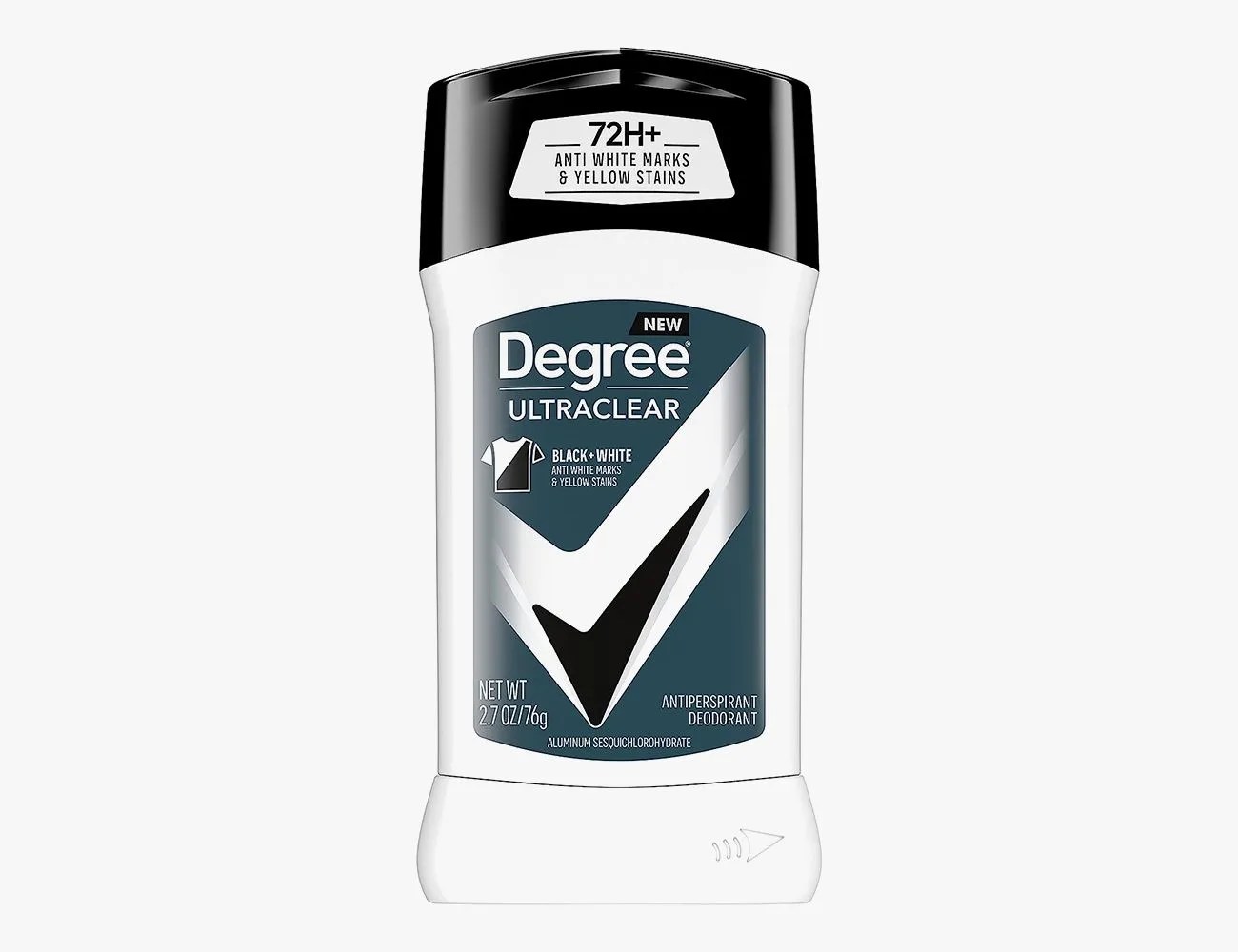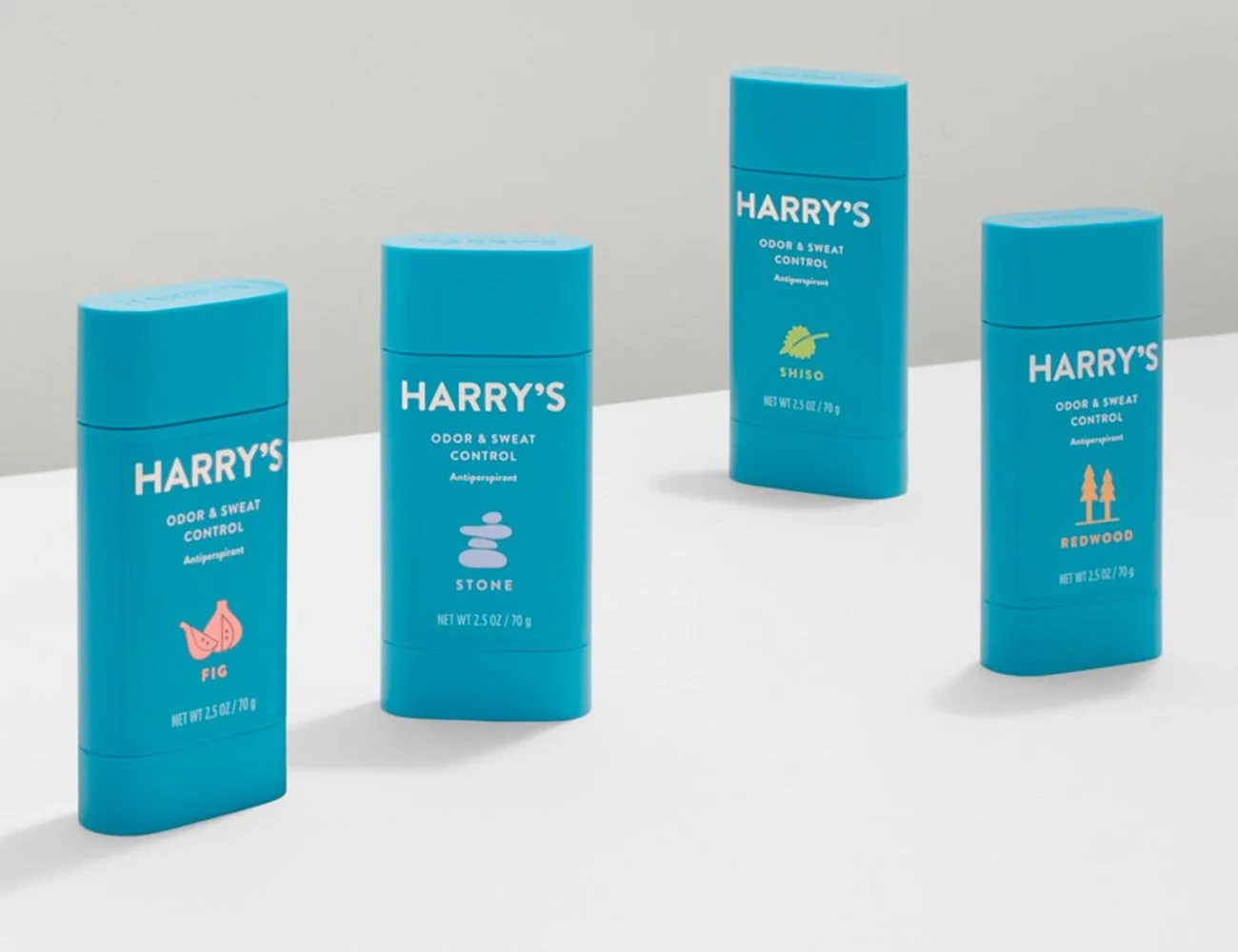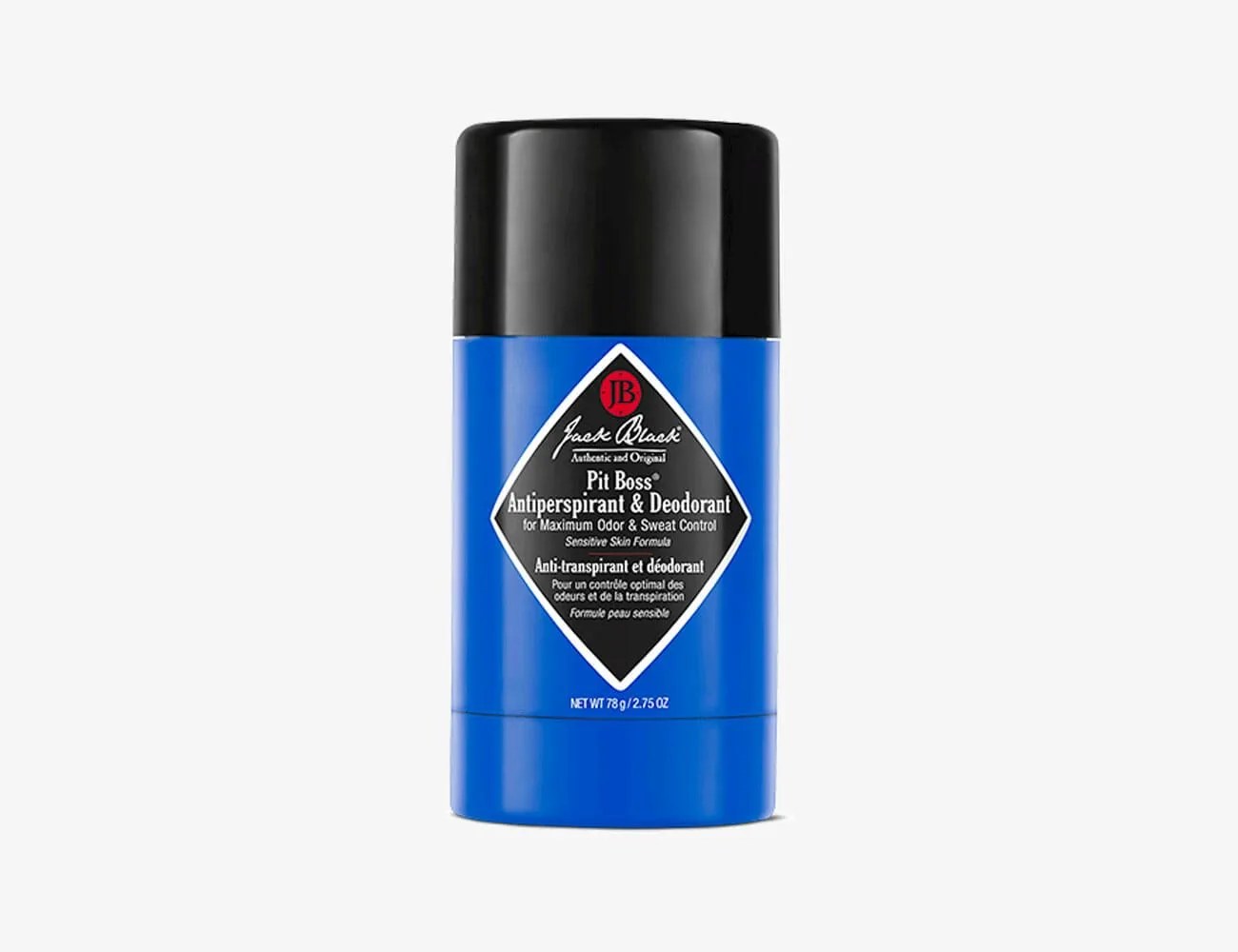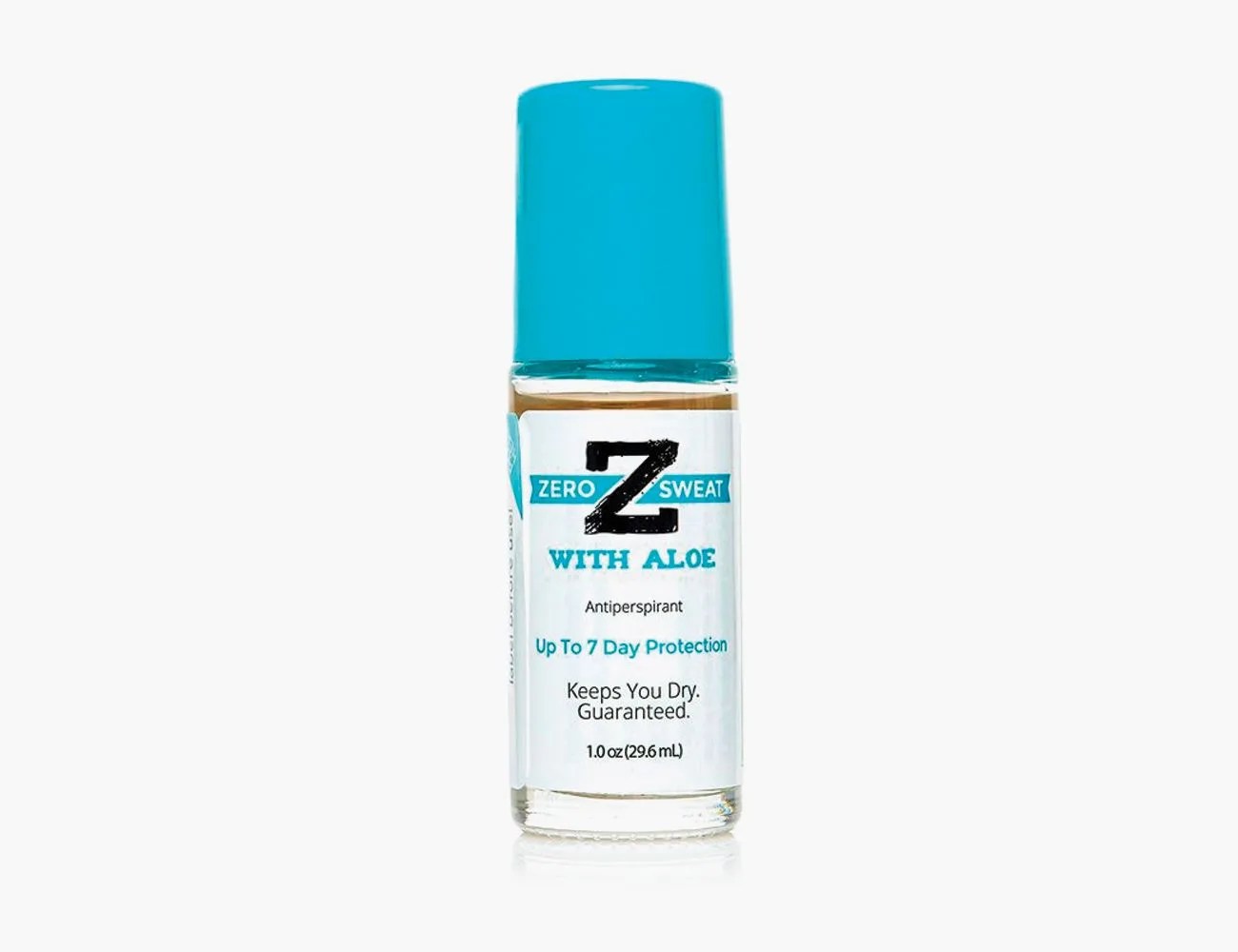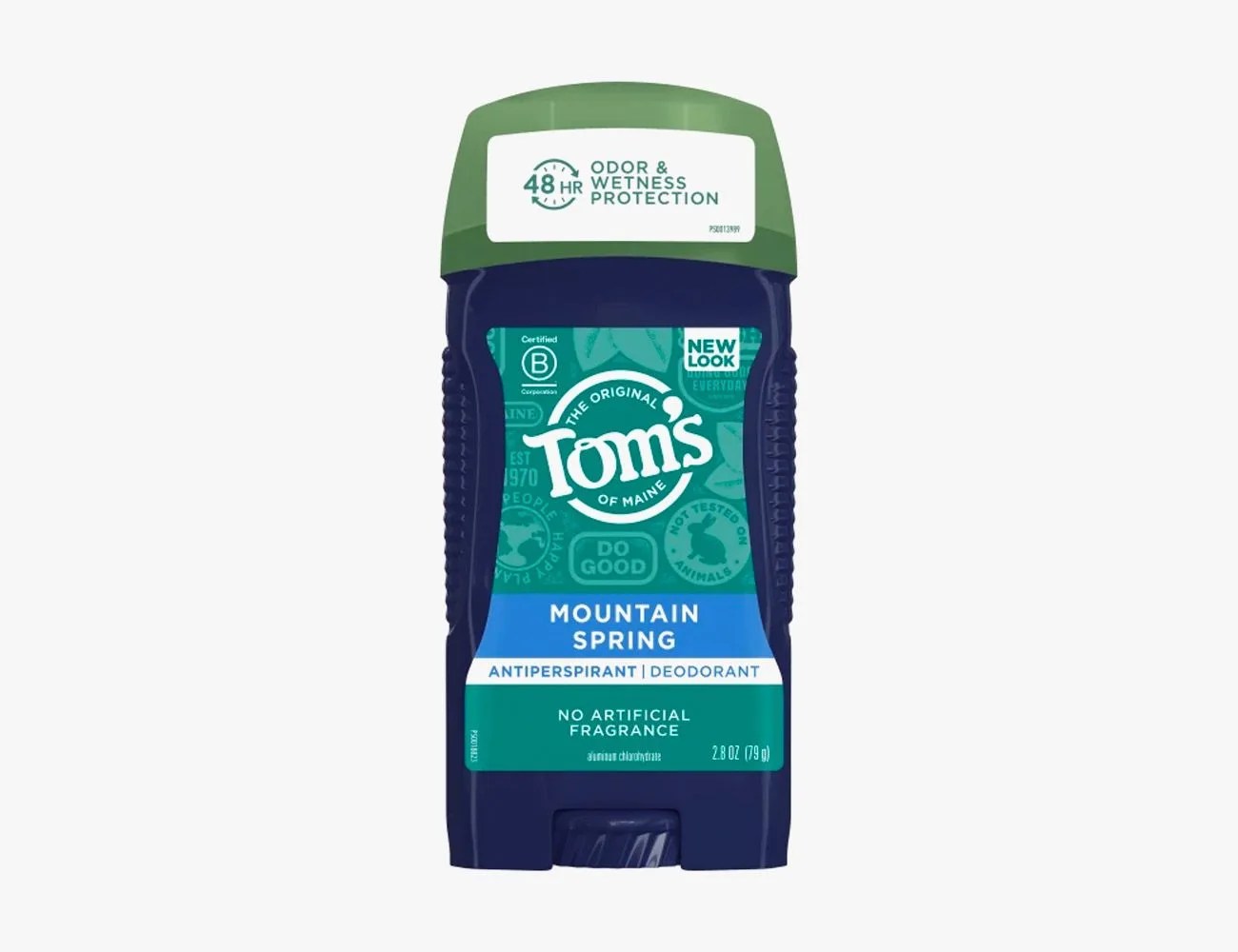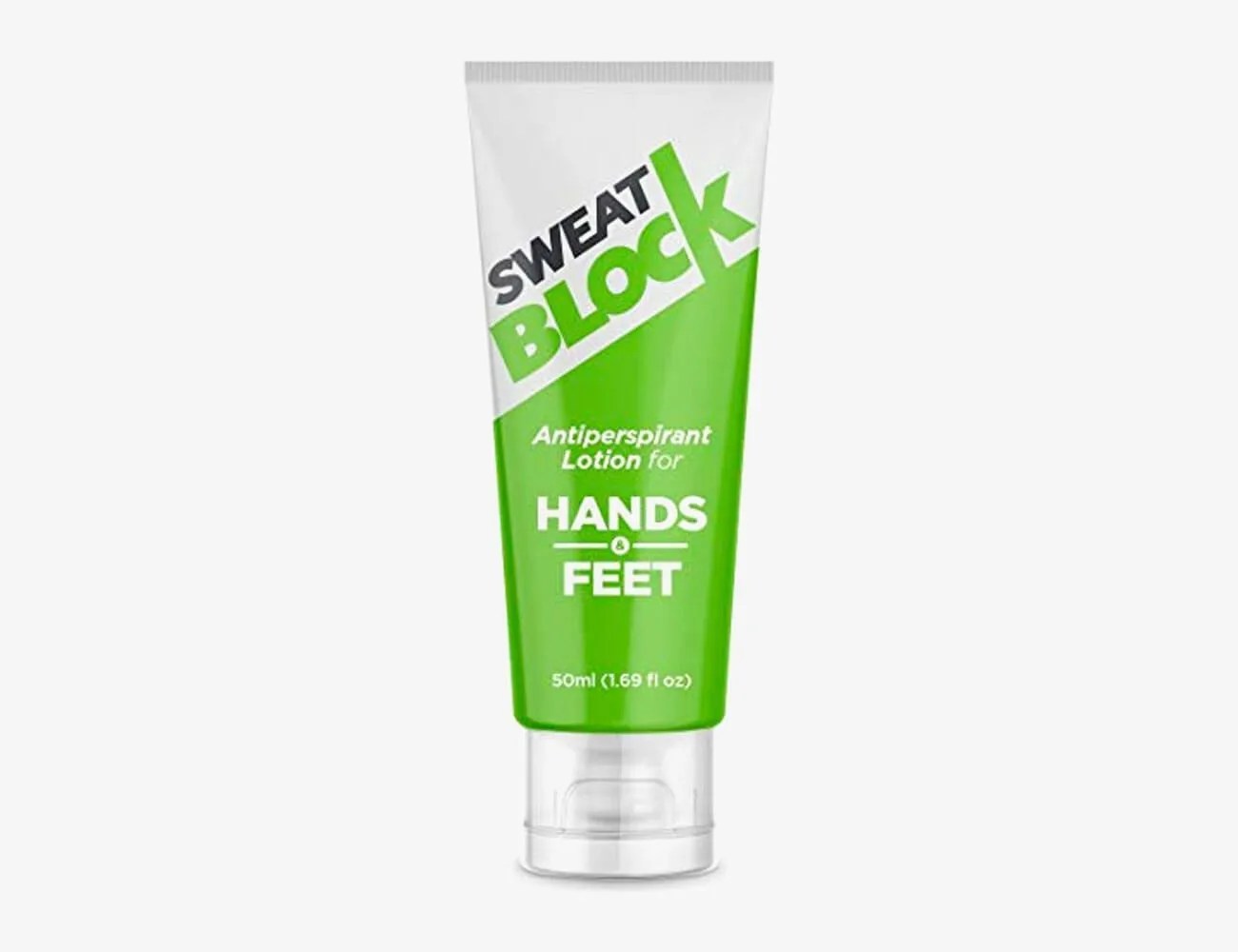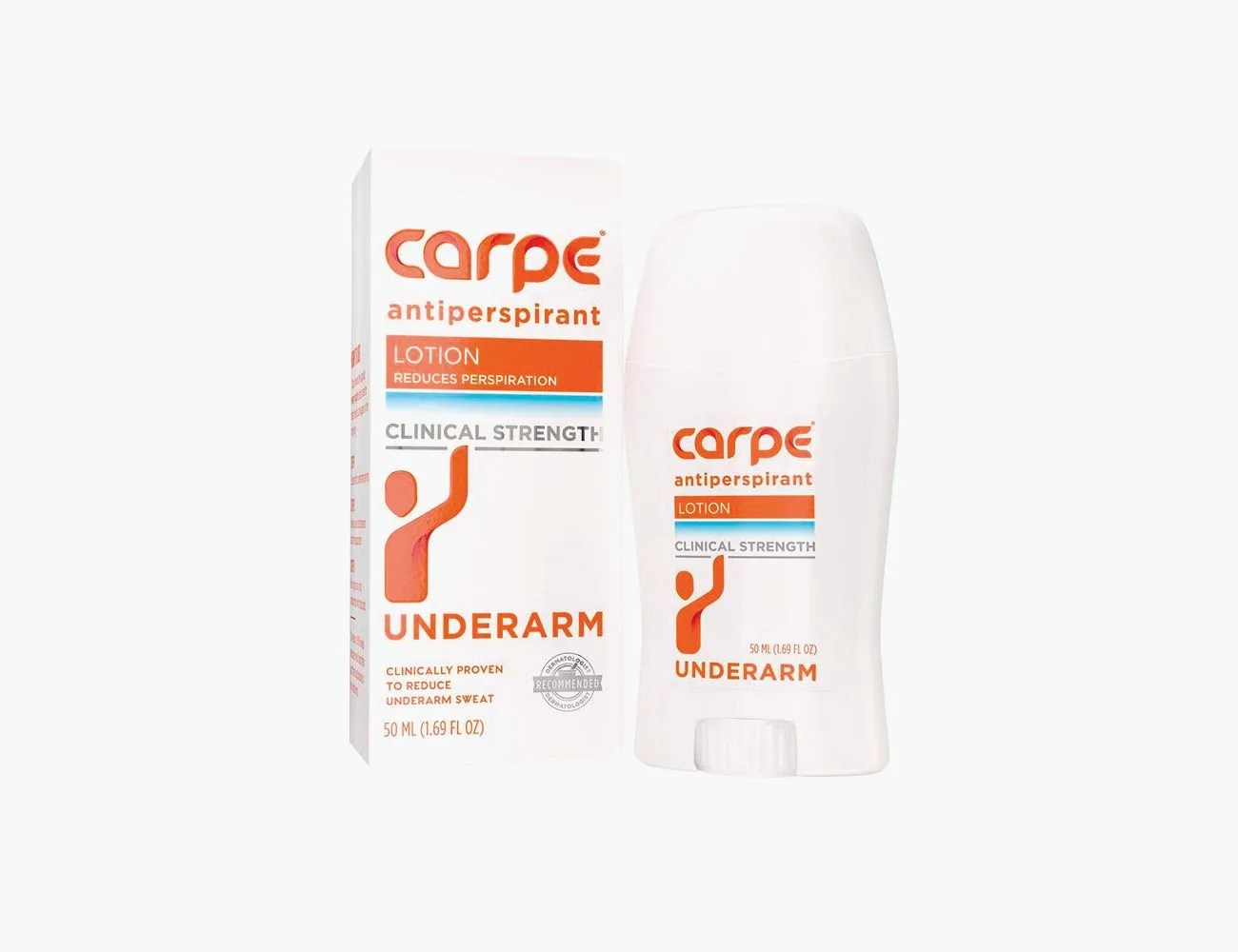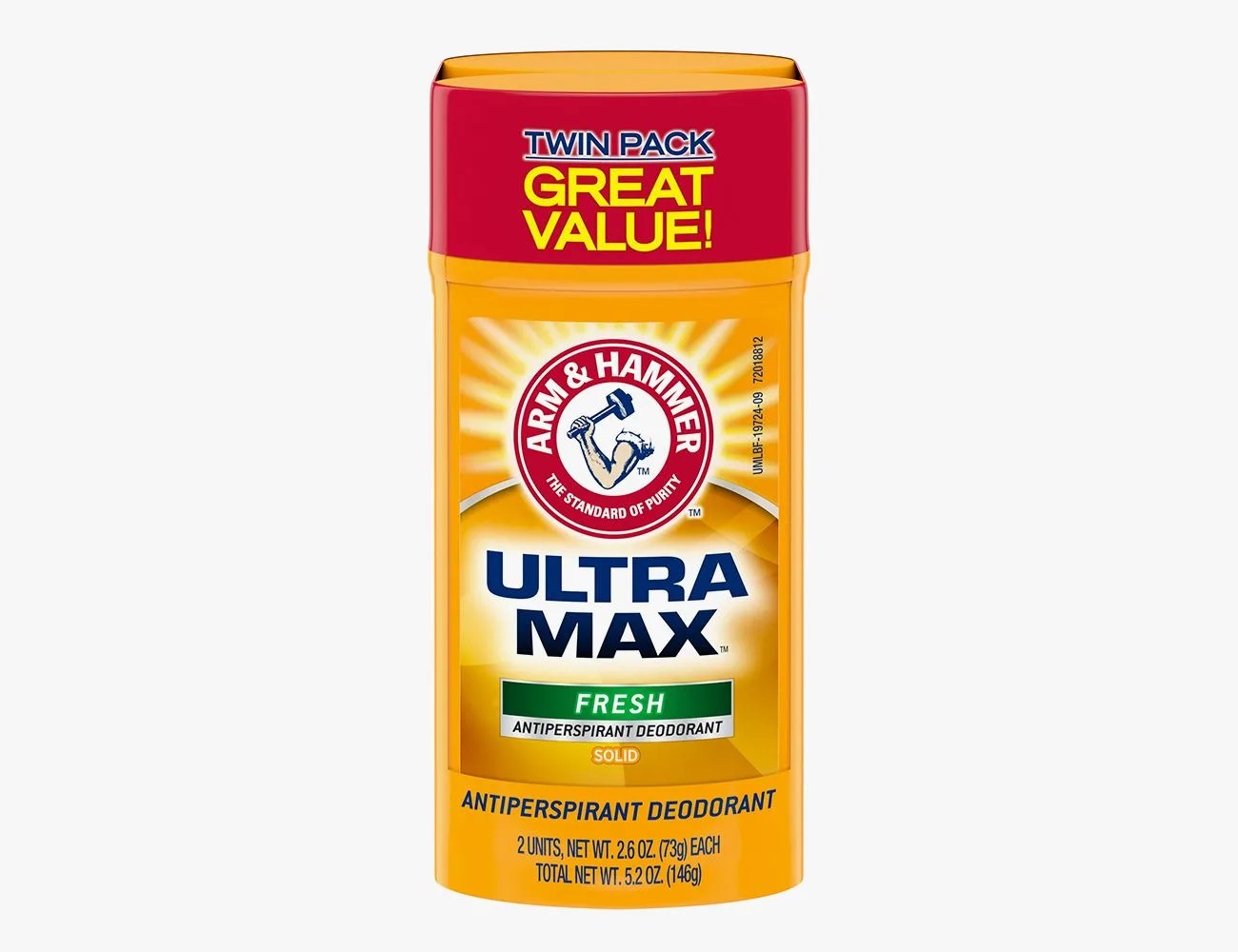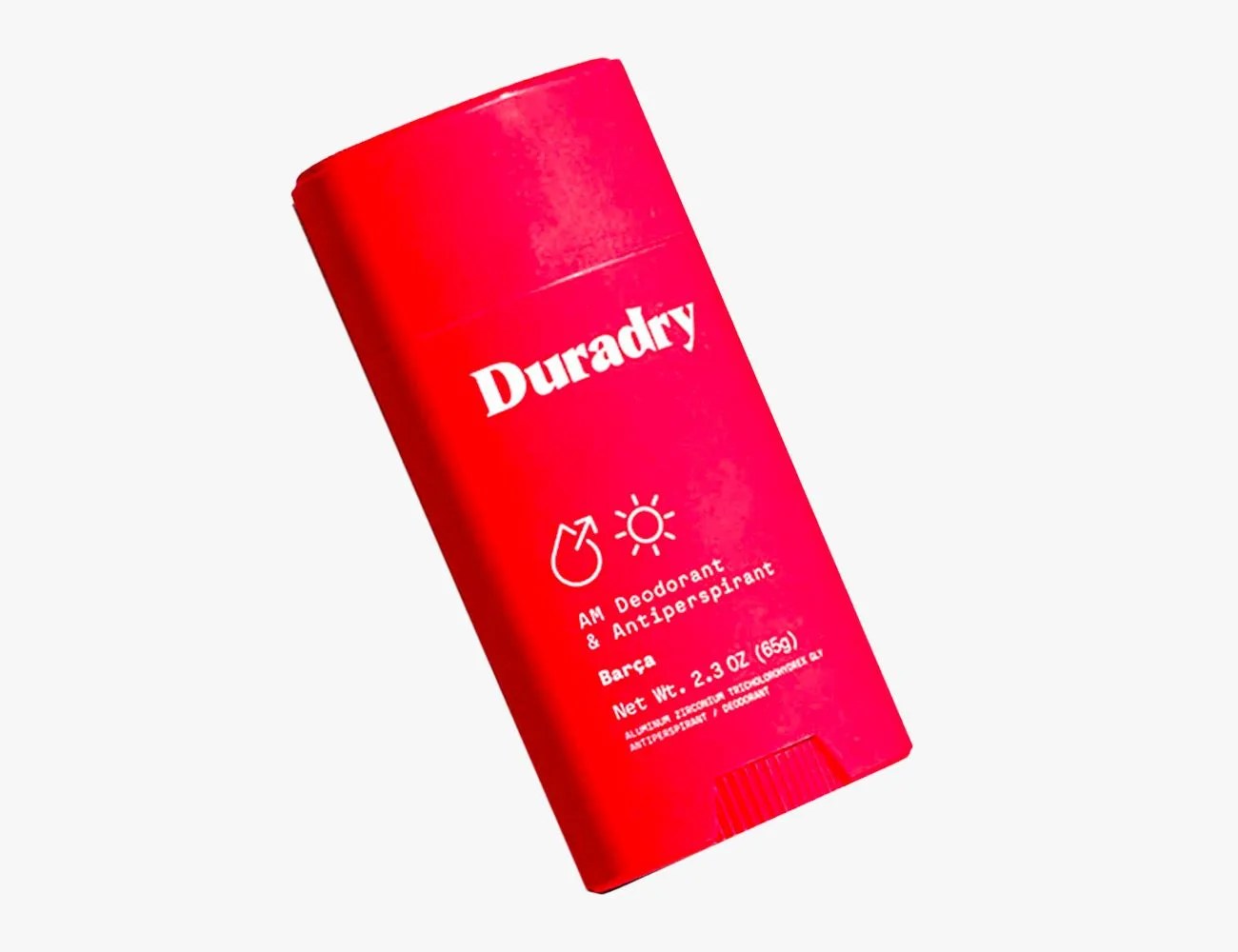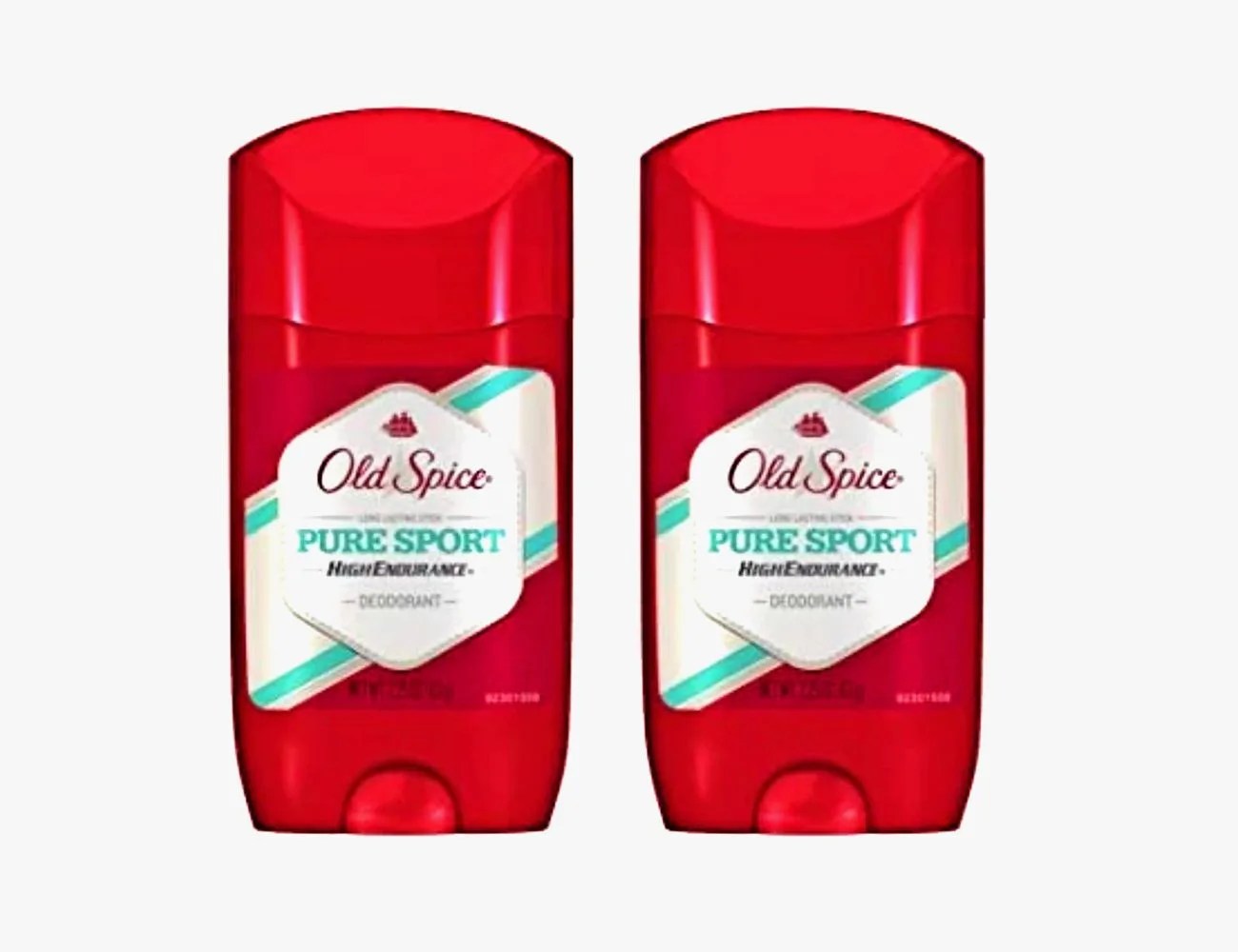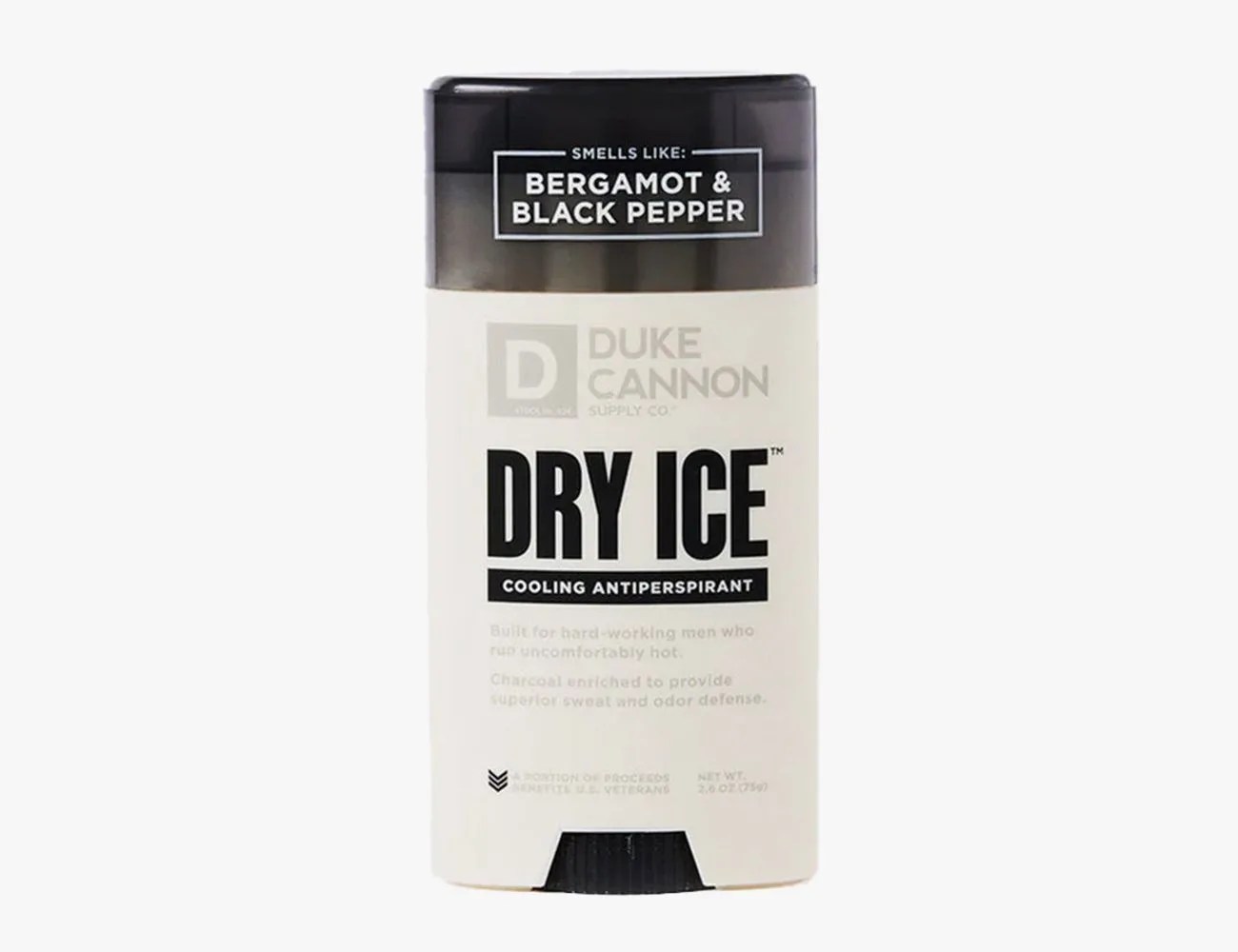The conversation around deodorant has largely steered itself towards natural products. It’s great to see consumers being so conscious of the ingredients in their grooming regimen, especially since the long-term effects of aluminum — the key ingredient used in antiperspirants — are still somewhat nebulous.
Products in the Guide
-
Certain Dri Prescription Strength Clinical Antiperspirant Deodorant
Best Overall Antiperspirant Deodorant
Read more -
Helmm Compass Starter Kit PV Sport Deoderant
Best Upgrade Antiperspirant Deodorant
Read more -
Dove Men+Care Antiperspirant Deodorant Dry Spray
Best Affordable Antiperspirant Deodorant
Read more -
Degree UltraClear Black+White Antiperspirant Deodorant
Best Clothes-Protecting Antiperspirant Deodorant
Read more -
Harry’s Odor & Sweat Control Antiperspirant
Best Antiperspirant Deodorant for Scent Lovers
Read more -
Jack Black Pit Boss Antiperspirant
Best Scented Antiperspirant Deodorant
Read more -
ZeroSweat Antiperspirant Deodorant with Aloe
Best Aloe Antiperspirant Deodorant
Read more -
Tom’s of Maine Mountain Spring Antiperspirant
Best Sustainable Antiperspirant Deodorant
Read more -
SweatBlock Antiperspirant Lotion for Hands & Feet
Best All-Body Antiperspirant Deodorant
Read more -
Carpe Underarm Antiperspirant
Best Antiperspirant Deodorant for Hyperhidrosis
Read more -
Arm & Hammer Ultra Max Deodorant (Pack of 2)
Best Odor-Neutralizing Antiperspirant Deodorant
Read more -
Duradry 3-Step System
Best PM Antiperspirant Deodorant
Read more -
Old Spice Pure Sport Solid Deodorant (Pack of 2)
Best Mass-Market Antiperspirant Deodorant
Read more -
Dry Ice Cooling Antiperspirant + Deodorant
Best Cooling Antiperspirant Deodorant
Read more
Are Antiperspirants Bad for You?
Currently, the various studies on aluminum all contradict and negate one another. Some say excessive exposure causes Alzheimer’s or dementia, while others claim this is hullabaloo when considering the light-dose application of deodorants. Without conclusive evidence on the matter, aluminum antiperspirants are still widely sold. (And largely viewed as harmless.) And like many products on the market, they are effective at the job they set out to do.
That’s why we still find value in touting antiperspirants. Until there is conclusive evidence that sways us one way or the other, we say this: Buy antiperspirants if you absolutely need them. They work. Some people who experience non-stop sweating (diagnosed as hyperhidrosis) will swear by antiperspirants since they allow these individuals to go about their day without swimming in their own body’s soup.
Understanding the Active Ingredients in Antiperspirants
The most common active ingredients in antiperspirant deodorants are aluminum chlorohydrate, which you’ll find in aerosols and other applicators, and aluminum zirconium tetrachlorohydrex glycine complex, in solid sticks. Both do similar jobs. They block your sweat glands to prevent moisture from exiting. That’s good if you sweat a lot but bad if your sweating is only mild.
In that case, a normal, natural deodorant would work because it’s only addressing the bacteria that cause body odor, not sweat. Folks who fear developing cancer or dementia from using antiperspirants with aluminum shouldn’t stress; there is little to no evidence of an association between aluminum and cancer development.

